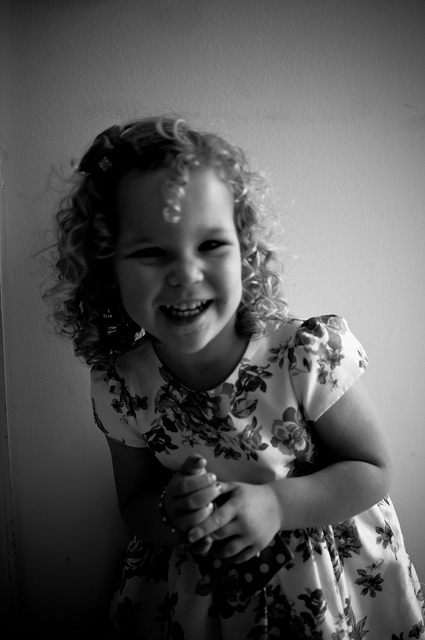Is there an upside to postpartum depression?
I am not so sure, but perhaps it was the case for Susan Benjamin Feingold, a psychologist who, herself, experienced postpartum depression over 20 years ago.
For those experiencing this sometimes devastating disorder it could be an opportunity for a “new beginning” if the mom gets the appropriate help.
Twenty years ago, as we know, this disorder was not taken very seriously and was mostly known as the “baby blues” and was mostly left untreated. It was felt that “baby blues” was hormonal and self limiting. So when the postpartum period was over in about six weeks after delivery the baby blues would go away with it.
We now know, postpartum depression is more complicated and serious than the “baby blues”.
Personally, I like Ms. Feingold’s approach. As a clinical psychologist, “she encourages women to view postpartum depression as they would any other difficult time in life that would provide an opportunity for personal growth and transformation.”
Stigma is still attached to mental conditions and postpartum depression is not immune to this stigmatizing. After all, what is wrong with a mom who cannot find joy and happiness in her newborn?
Hopelessness can follow the delivery of a baby for various reasons and whether or not it is stimulated by a change in hormones does not diminish the seriousness of postpartum depression.
With the proper professional help moms suffering from this disorder can actually have a very good outcome. They can make changes and perhaps as they put the pieces of their life back together they will have learned that they are stronger and better for the experience.
The medical journal JAMA Psychiatry reports that, 1 in 7 women suffers from PPD.
The largest study to date shows that as many as 1 in every 7 women suffers postpartum depression. And the study, published in the journal JAMA Psychiatry, finds that among women followed for a year after delivery, some 22 percent had been depressed.
The study also recommends that all pregnant women and new mothers be screened for depression.
via Postpartum Depression Affects 1 In 7 Mothers : Shots – Health News : NPR.
According to Feingold, PPD symptoms fall into four areas or clusters.
- depression cluster- overall lack of joy, loss of appetite, desire to sleep all the time, feeling of hopelessness
- anxiety cluster- insomnia, racing thoughts, worry, tension headaches
- panic disorder-panic attacks, which mimic a heart attack
- associated obsessive thoughts such as hurting the baby- feeling that something is going to happen to their baby
Feingold also mentions in her new book that women who successfully work through their postpartum depression sometimes then begin to work on other pre-existing symptoms and improve the overall quality of their lives as women and mothers.
It sounds like Feingold’s approach to postpartum depression and its treatment could be just the answer for many of the moms who suffer from this disorder. It could be the “new beginning” leading to the “happy ending”.
Feingold has written a new book, “Happy Endings, New Beginnings: Navigating Postpartum Disorders,” that offers advice, including when to seek medical help. But it also encourages women to view postpartum depression as they would any other difficult times in their lives that would give them an opportunity for personal growth and transformation.
via Book looks at upside of postpartum depression – chicagotribune.com.

